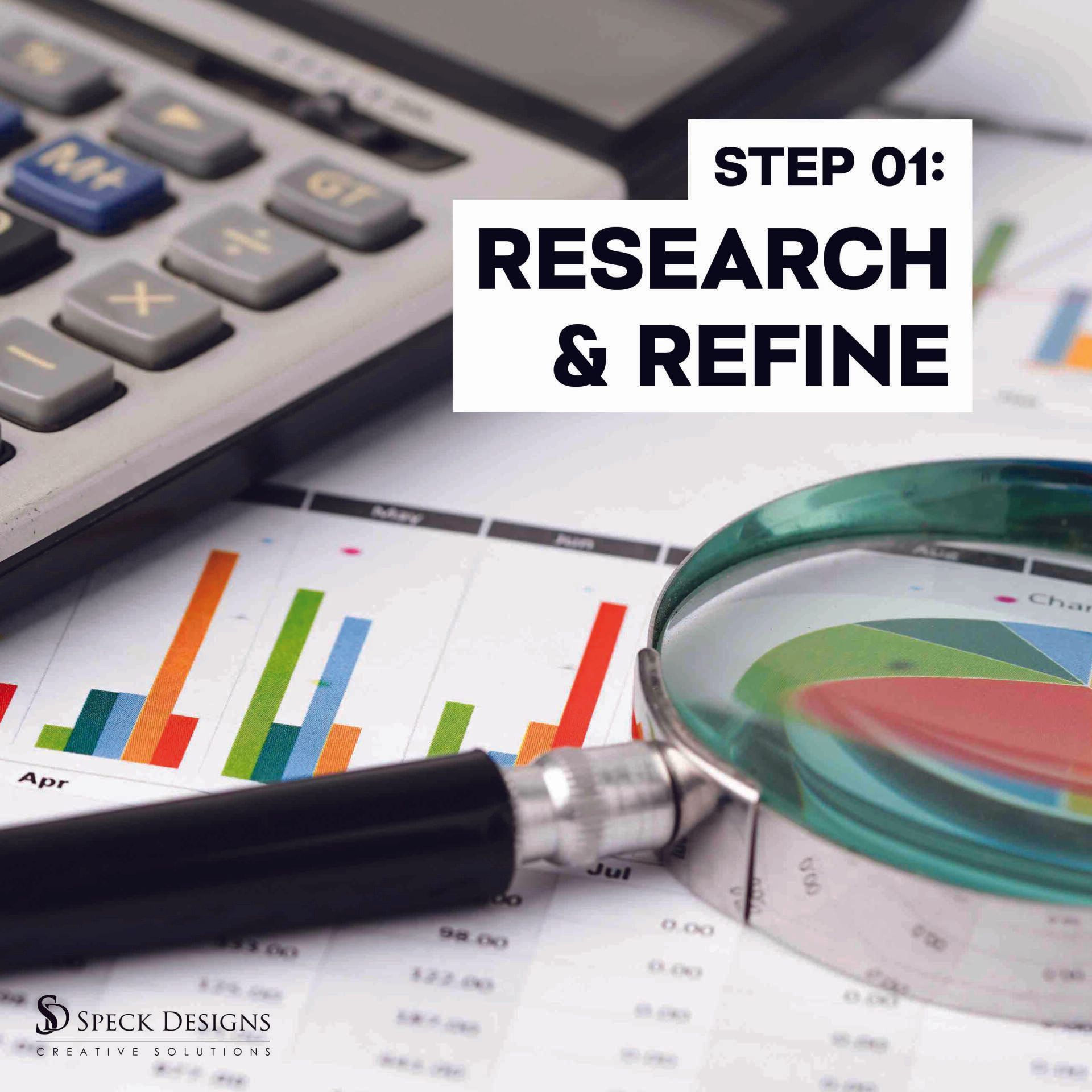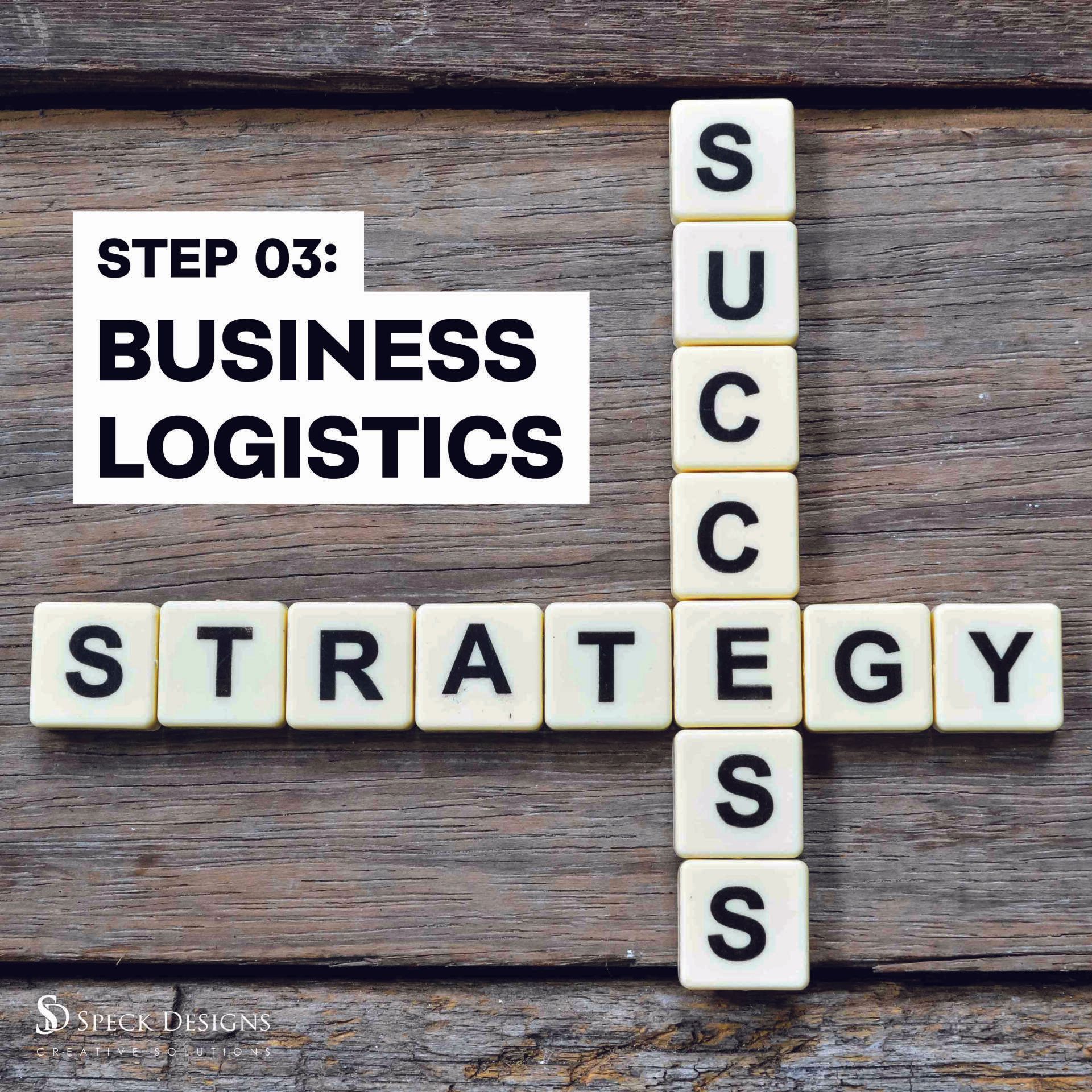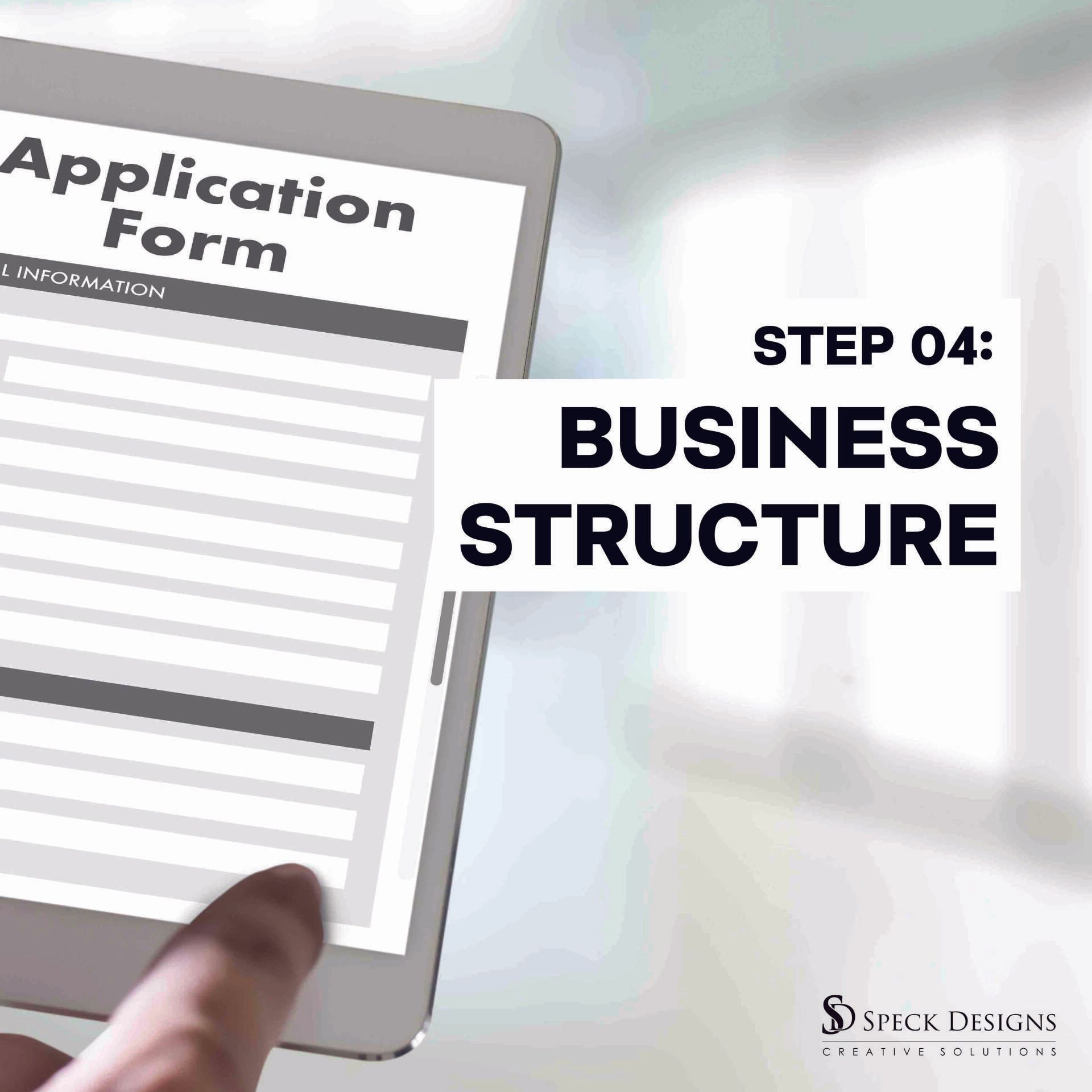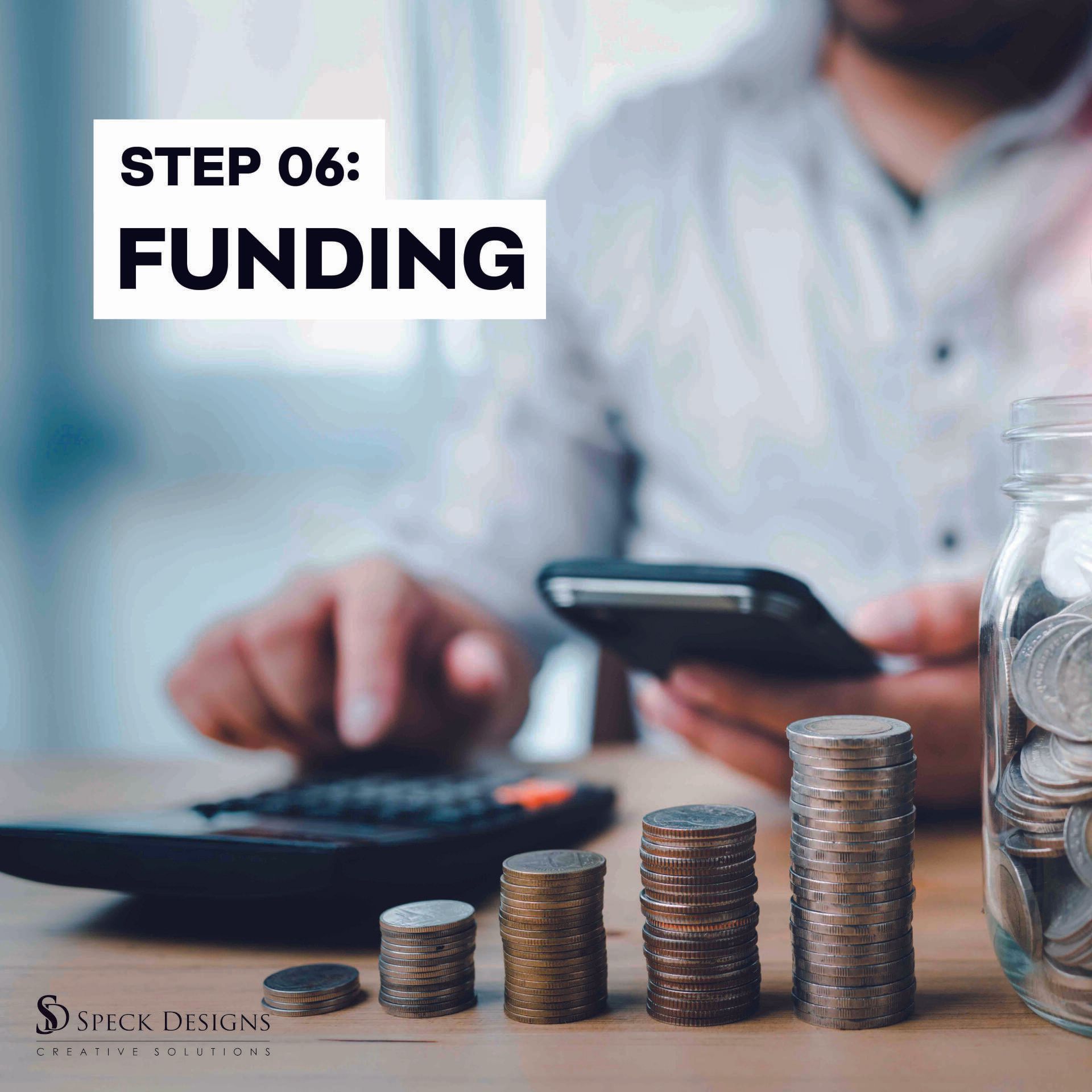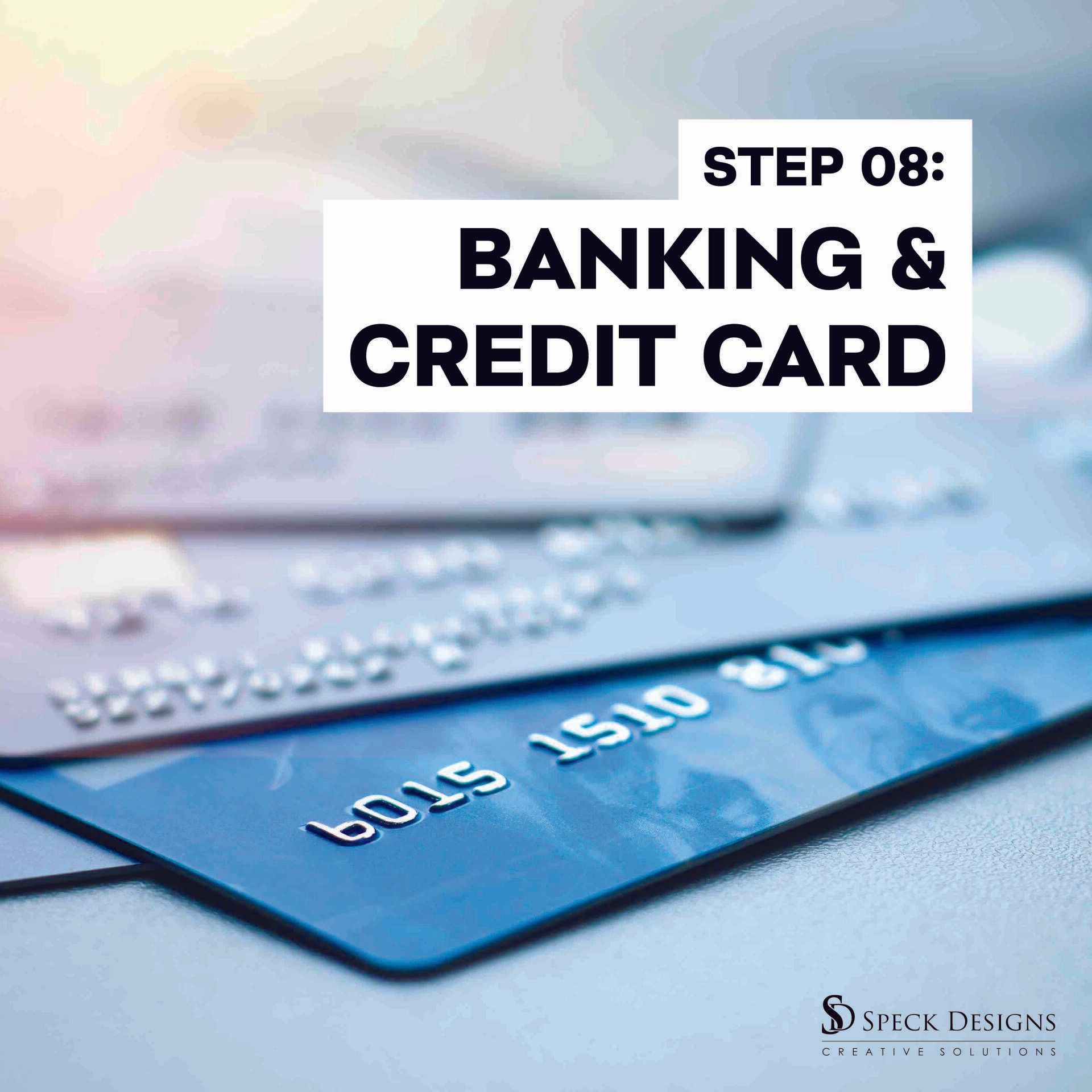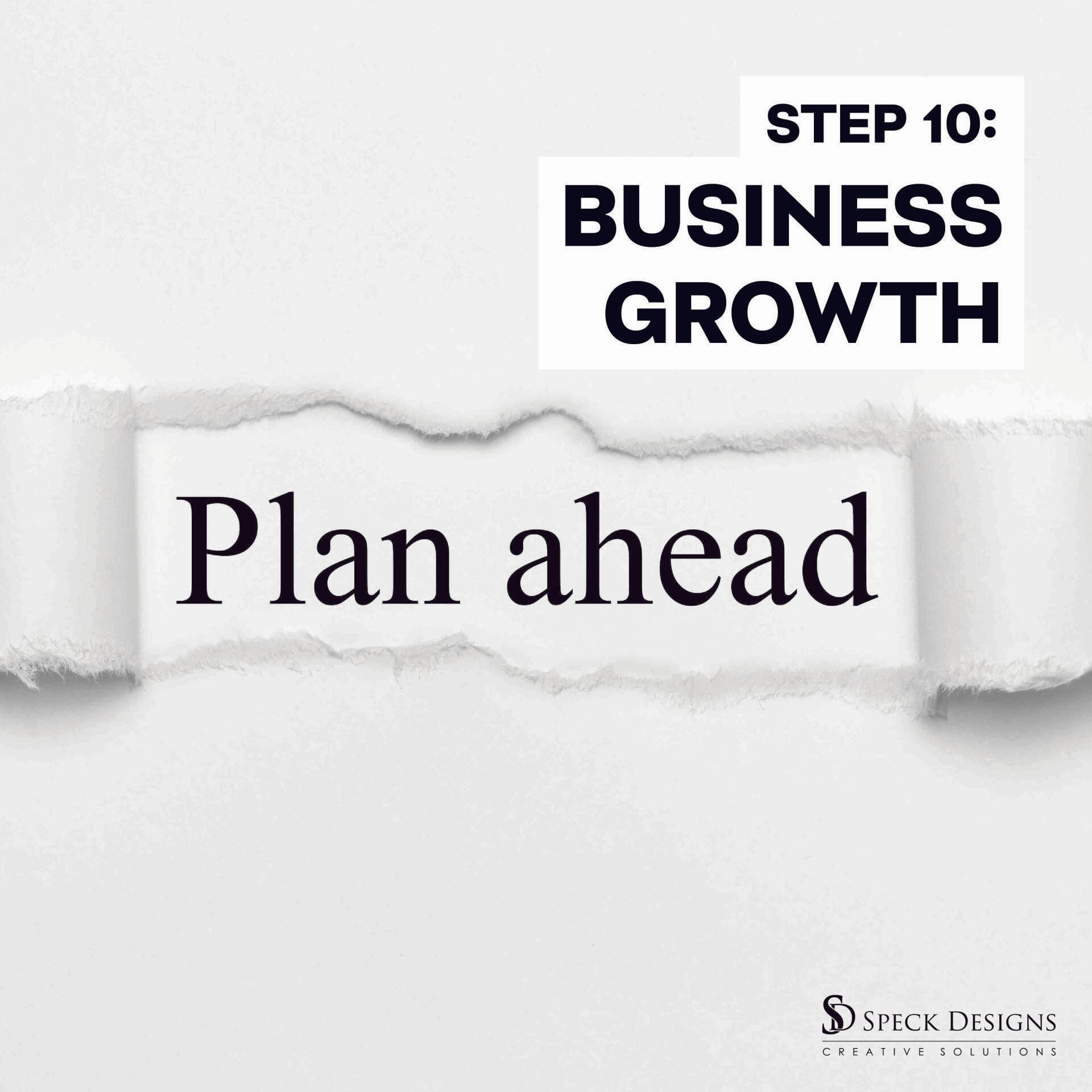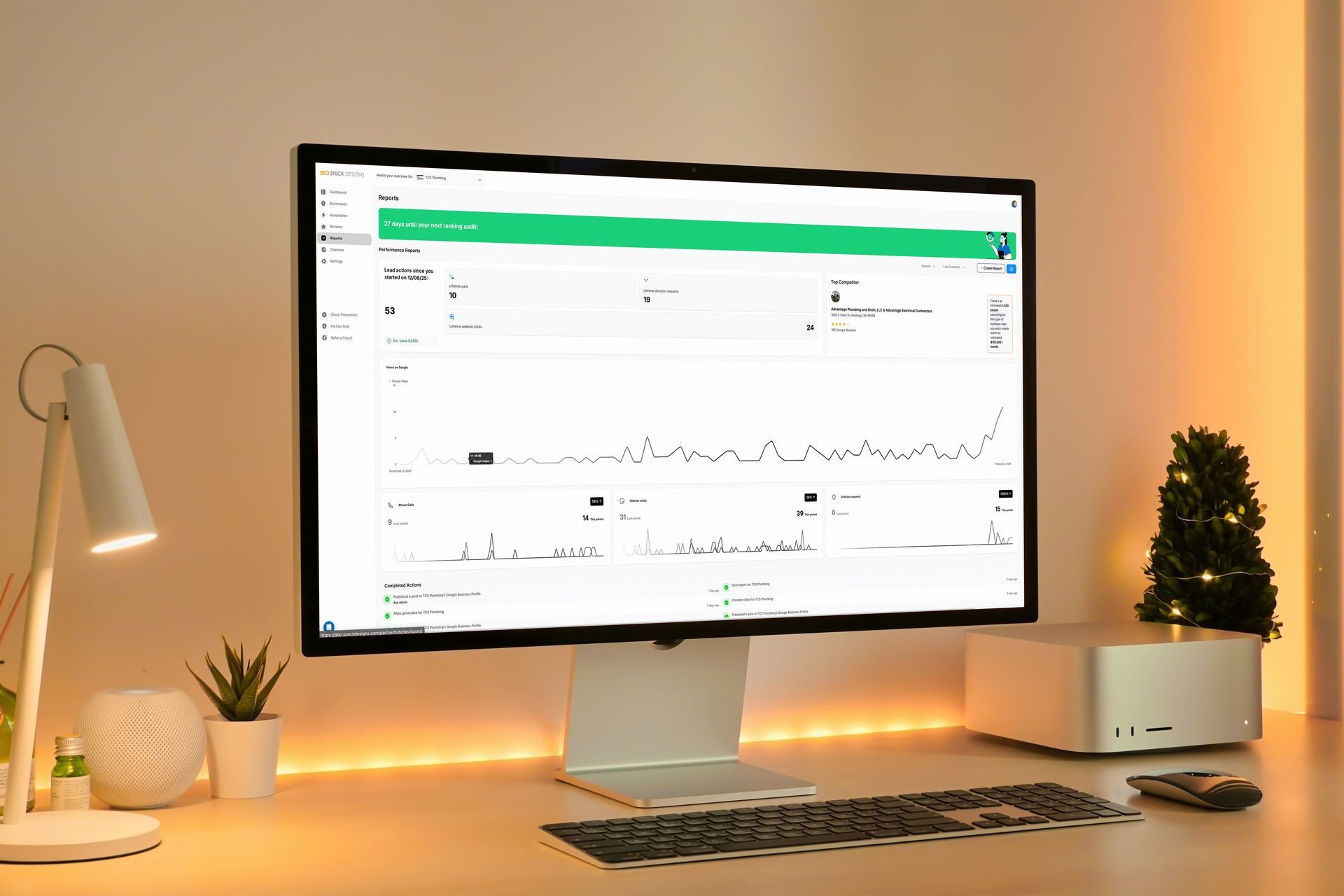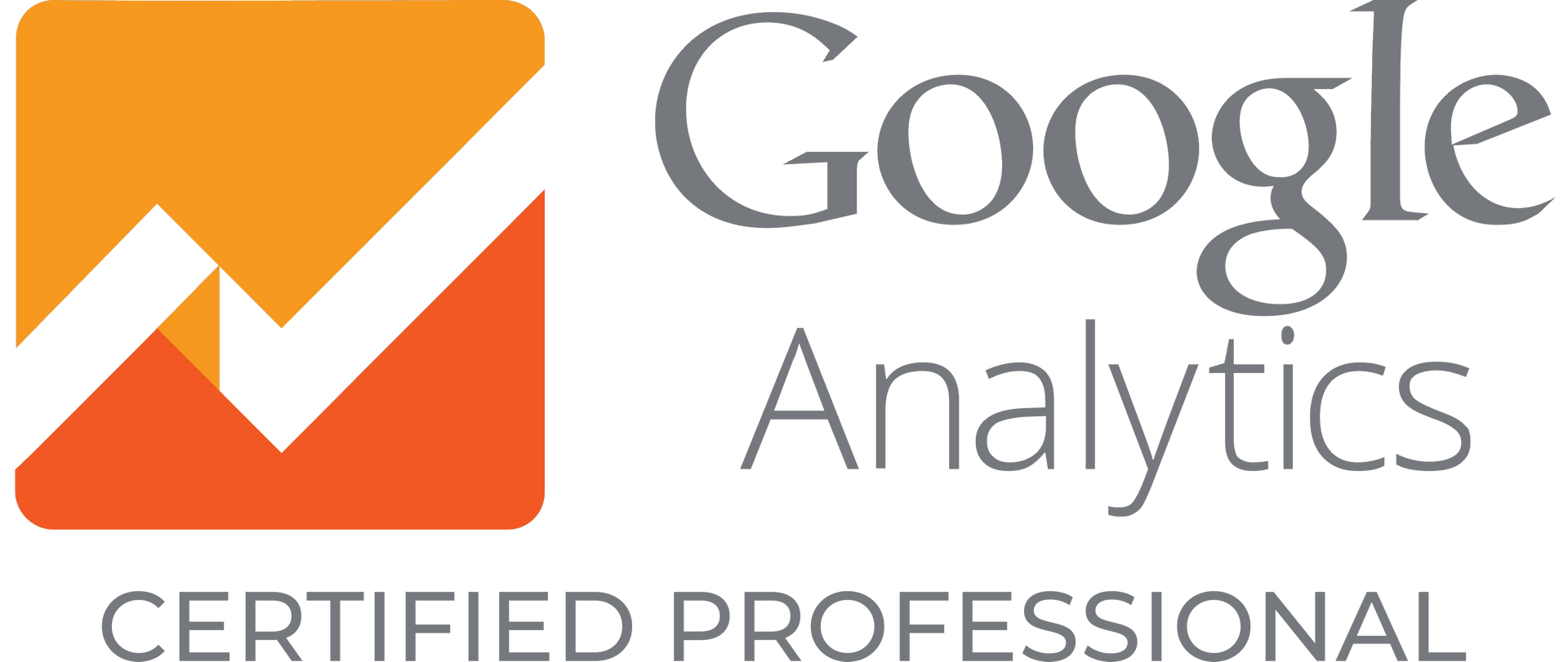Starting A Business In 10 Steps
So, you want to start a new business but you are not sure exactly what you need to do or in what order you should complete the below steps in the process? You are not alone. In fact, based on the data from Census.gov, there were 423,153 new business applications submitted in April 2022. Below are our 10 steps you should follow when starting a new business.
STEP 01: Research and refine your idea and goals
Completing market research or also known as market analysis will inform you is there is an opportunity of your idea becoming a success. It will allow you to learn about your potential customers and competition. You can then decide if you need to make some changes in order to stand out above the crowd. Your research should look at product demand, demographic data, market size, economic indicators, location appeal and pricing. Great ways to learn about this is through focus groups, surveys, and interviews of potential customers.
Step 02: Write your business plan
Is this really important or can this step be skipped? Well, your business plan is the foundation of your business and if you think of a house, if the foundation isn't right, it will collapse, so yes you should spend some time on your business plan. How will your business be structured, ran, and grow? Some very important questions to ask yourself are what
- What is the purpose of your business?
- Who are you selling to?
- What are your end goals?
- How will you finance your startup costs?
Your business plan needs to answer the why, who, what, and how questions.
Step 03: Figure our your logistics
You should have your business name and answers to the questions in step 02 completed now. In this step, you can think about how your potential clients will find you. Your online presence (website and social media accounts), physical store location, and what your brand is saying to the public are all good things to examine. You can also contemplate whether or not you will trademark your business name. Keep in mind, if you do not trademark you brand, you do not own it! Our friends at IndieLaw would love to have a conversation with you about trademarks if you are interested!
Step 04: Decide what kind of entity your business is
All of these steps are important but this one is very important because your decision will impact your registration requirements, taxes, personal liabilities, your ability to receive funding, and more. The different types of entities are listed below.
- Sole Proprietorship - If you will own the business yourself, you can register for a EIN number so you don't have to use your social security number and operate your business as a Doing Business As "DBA" company. Be aware though that this entity can affect your personal credit.
- Partnership - This entity consists of two or more people being held personally liable as business owners. It is highly recommended that there is a majority owner. For example, one person owning 51% and the other owning 49%, so there is one final decision maker.
- Corporation - This is a great option if you want to separate your personal liability from your company's liability. This will allow the company to own property, assume liability, pay taxes, enter contracts, sue and be sued like any other individual. There are also different
types of corporations. There are C Corporations, S Corporations, B Corporations, Closed Corporations, and Nonprofit Corporations.
- Limited Liability Company "LLC" - This is one of the most common business entities for small business owners. An LLC has legal protections just like a corporation while allowing for the tax benefits of a partnership. You can start an LLC if you are a one person run business or if you have multiple owners, which is why this is a very common choice.
Step 05: Register your business with the government and IRS
Each state will have their own requirements but you will need to register your business with federal, state, and local governments. To receive a federal tax ID which is also called an Employee Identification Number or "EIN" number you will need to register with the state you reside in. This is a nine-digit number that the IRS assigns to a business or organization for tax purposes. It is commonly referred to as your business's social security number.
Step 06: Figure out your funding
We know you are excited to start your business but you need to figure out how much money you will need to bring in each month to break even and or make a profit. Are you wondering what the average cost of starting a new business is? Bankrate has a great article that you can read HERE. Below are a few ways that you can fund your new business.
- Using your own personal savings
- Borrowing from friends and family members
- Small business loan or grant
- Crowdfunding campaign
- Investors
- Venture capitalists
Step 07: Apply for licenses, permits, insurance, or other certifications
Staying legally compliant is very smart to operating any business. There will be difference licenses, permits, and more based on your industry, state, location, and other factors. After you purchase the correct documents, make sure you stay up to date with the reoccurring payments as well as most are annual renewals.
Step 08: Open a business checking account and credit card
Keeping your business and personal financial accounts separate is important for running your business and filing taxes. It also helps to choose accounts that earn your business money or offers the best perks as well as communicate well with your personal accounts just in case you need to complete some electronic transfers or other transactions.
Step 09: Build your brand and advertise
Here is where we can help you shine. Making sure your brand speaks to your audience is very important. Your website should also be very user friendly and work on all screen sizes. Yes, your online presence is very important but don't forget about print advertising and good old customer service!
Step 10: Plan for the future
This can be a double sided sword. Either your business can take off too fast and if your not prepared, you can lose sales or even go out of business. Or, if you didn't take the correct amount of time to research and prepare you could be lacking sales and not know how to change course because you didn't plan for the future. Some ways to make sure you plan accordingly are to conduct the below.
- Study market trends
- Test new ideas
- Aquire another business
- Grow in other markets
- Expand/introduce new product lines and or services


